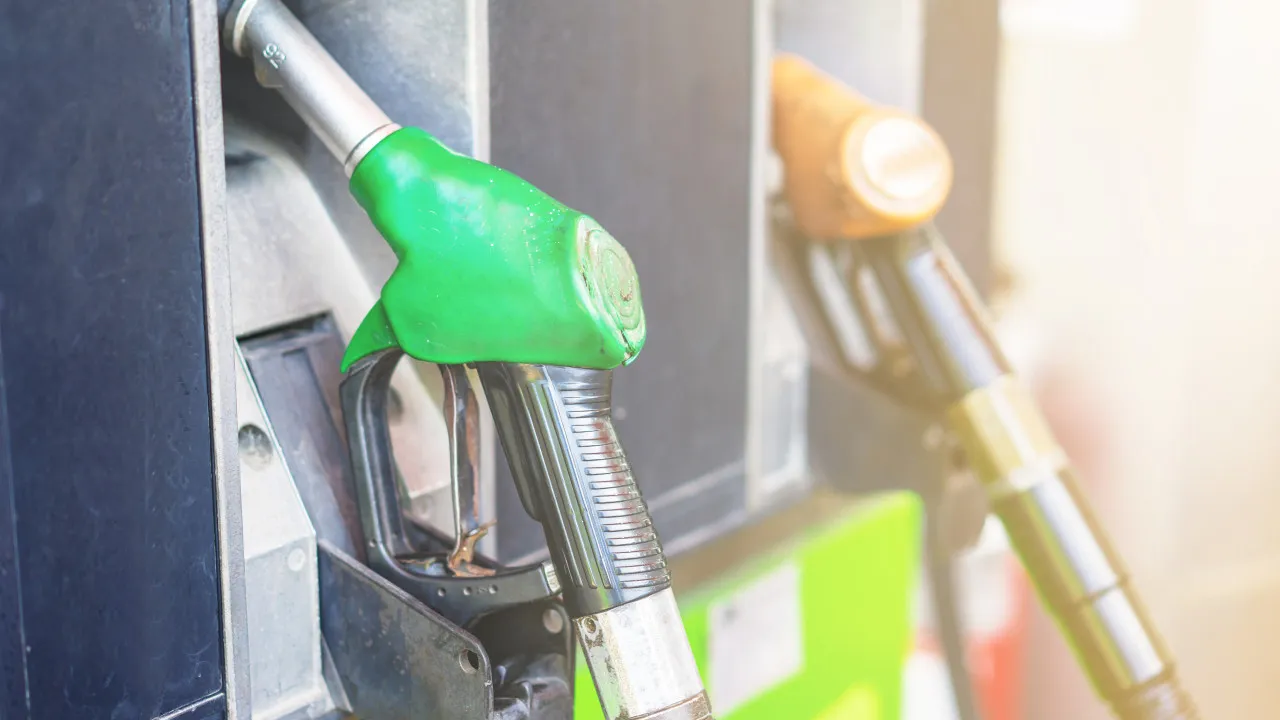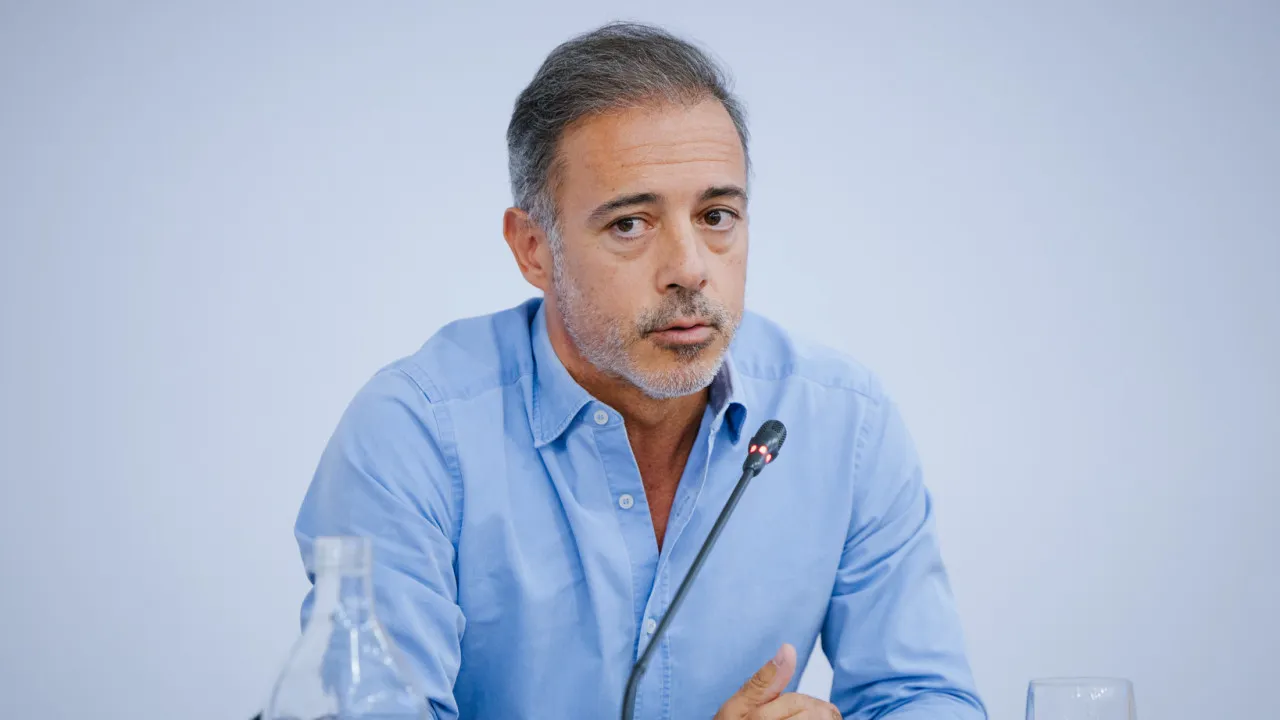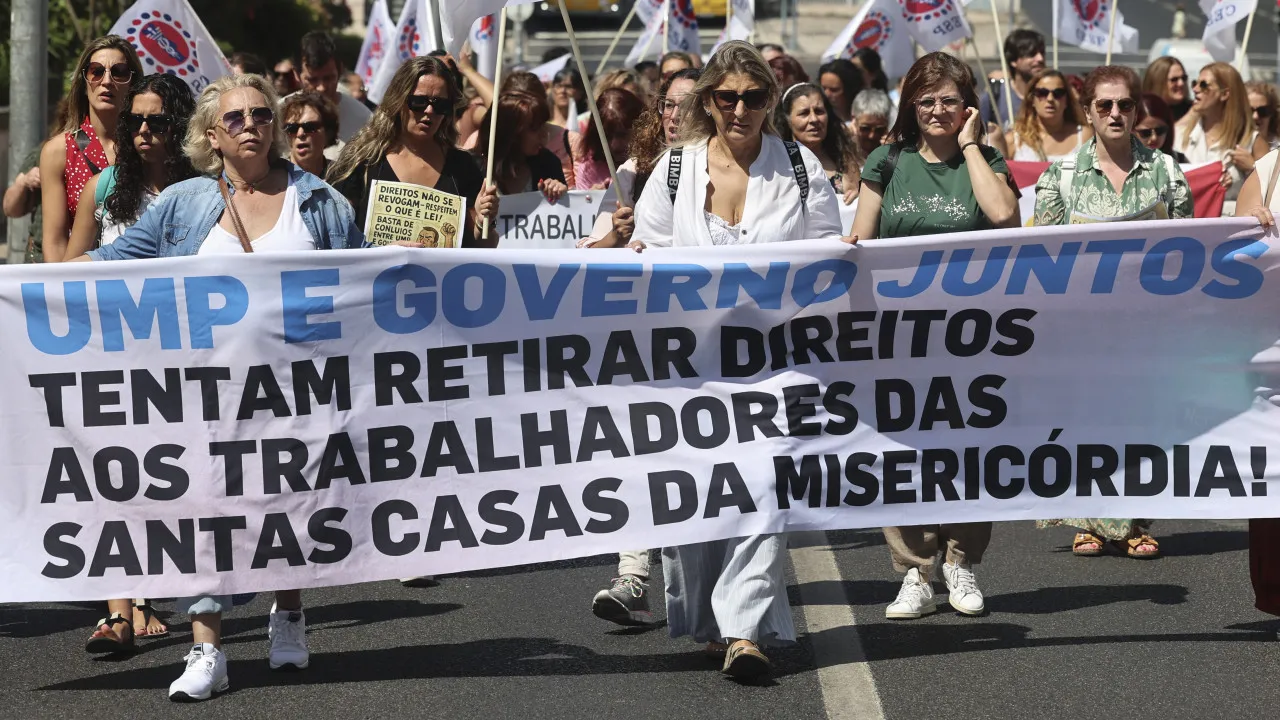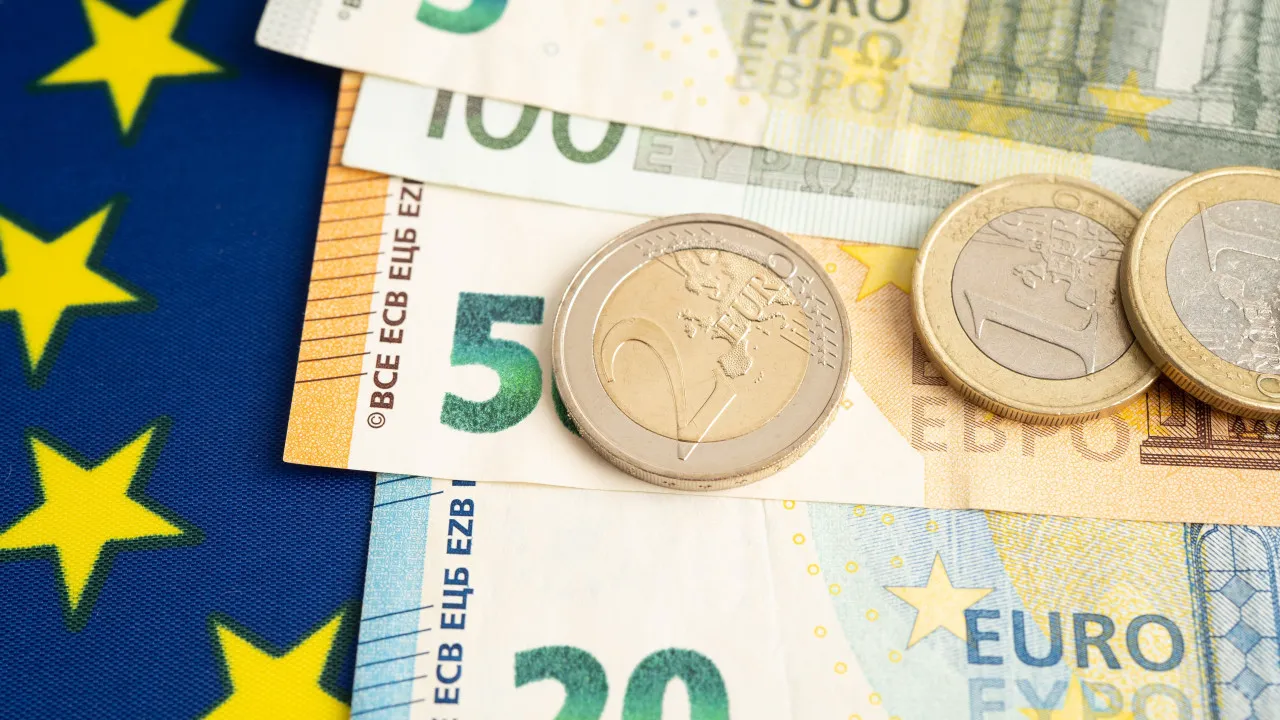
A relief in fuel prices is expected next week, with reductions anticipated for both diesel and gasoline. The decrease will be more pronounced for diesel.
The Automóvel Club de Portugal (ACP) notes that gasoline prices are projected to drop by 1.5 cents, while diesel is expected to fall by 3.5 cents.
“If these predictions hold true, the average price of simple diesel should decrease to 1.551 euros per liter, whereas simple 95 gasoline will settle at 1.691 euros per liter,” ACP states.
These calculations consider that, according to the Direção Geral de Energia e Geologia (DGEG), the average price per liter of diesel in Portugal is 1.586 euros, while gasoline stands at 1.706 euros as of Friday, August 8.
The ACP further highlights that these “predictions are made based on the assumption that extraordinary fiscal reduction measures applied by the government to mitigate price increases remain in place.”
“The current measures include a reduction in the Tax on Petroleum Products (ISP) and compensation for additional VAT revenue,” they emphasize.
The Brent crude oil price for October delivery closed on Thursday on the London futures market down by 0.69%, settling at 66.43 dollars, marking its sixth consecutive session of decline. North Sea crude, a benchmark in Europe, ended the session on the Intercontinental Exchange at 0.46 dollars below the 66.89 dollars recorded at the close on Wednesday.
The Brent price has continued to fall for a sixth straight session and is approaching the 65-dollar per barrel mark after the Kremlin announced that Russian President Vladimir Putin would meet with U.S. President Donald Trump in the coming days.
The market is closely monitoring this meeting, the first summit between the two nations’ leaders since 2021, in hopes of a diplomatic resolution to the war in Ukraine and the lifting of sanctions on Russia and its oil infrastructure.
Despite the summit, Trump plans to move forward with secondary tariffs he proposed on India and China, the leading importers of Russian oil.
The U.S. president signed an executive order on Wednesday imposing an additional 25% tariff on Indian products as a penalty for purchasing oil from Moscow, while tariffs on China remain under consideration.
Pessimism had already affected Brent oil prices after the Organization of the Petroleum Exporting Countries (OPEC+), led by Saudi Arabia and Russia, decided over the weekend to increase crude supply beginning in September, raising concerns over a potential oversupply amid weak demand.
According to their meeting last Sunday, the group will boost production by 547,000 barrels per day starting September 1, completing the return of the 2.2 million barrels per day removed from the market in 2023.




